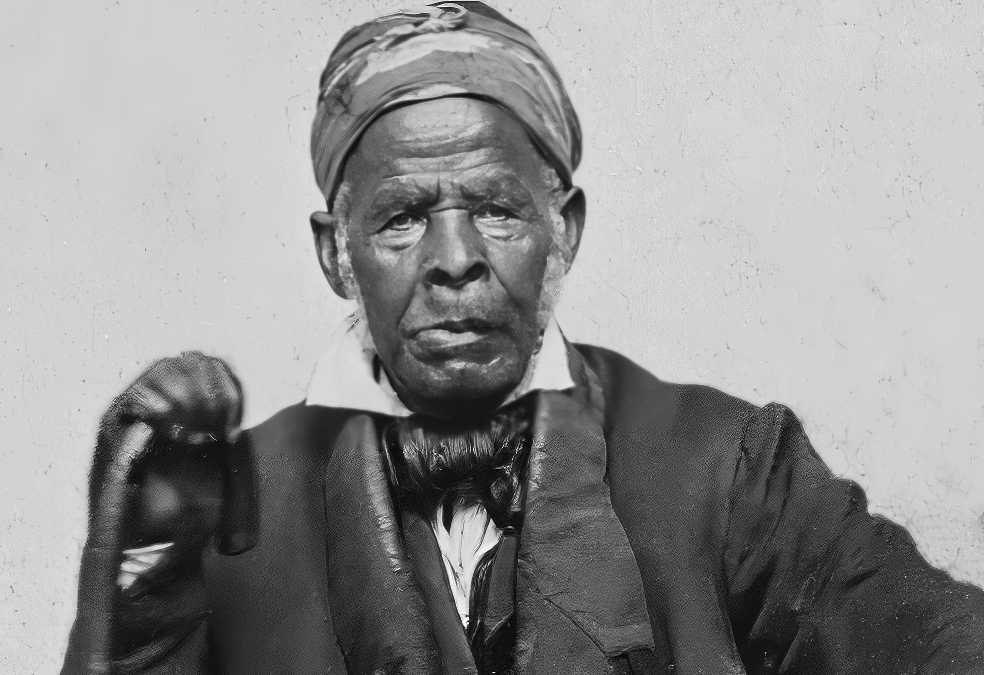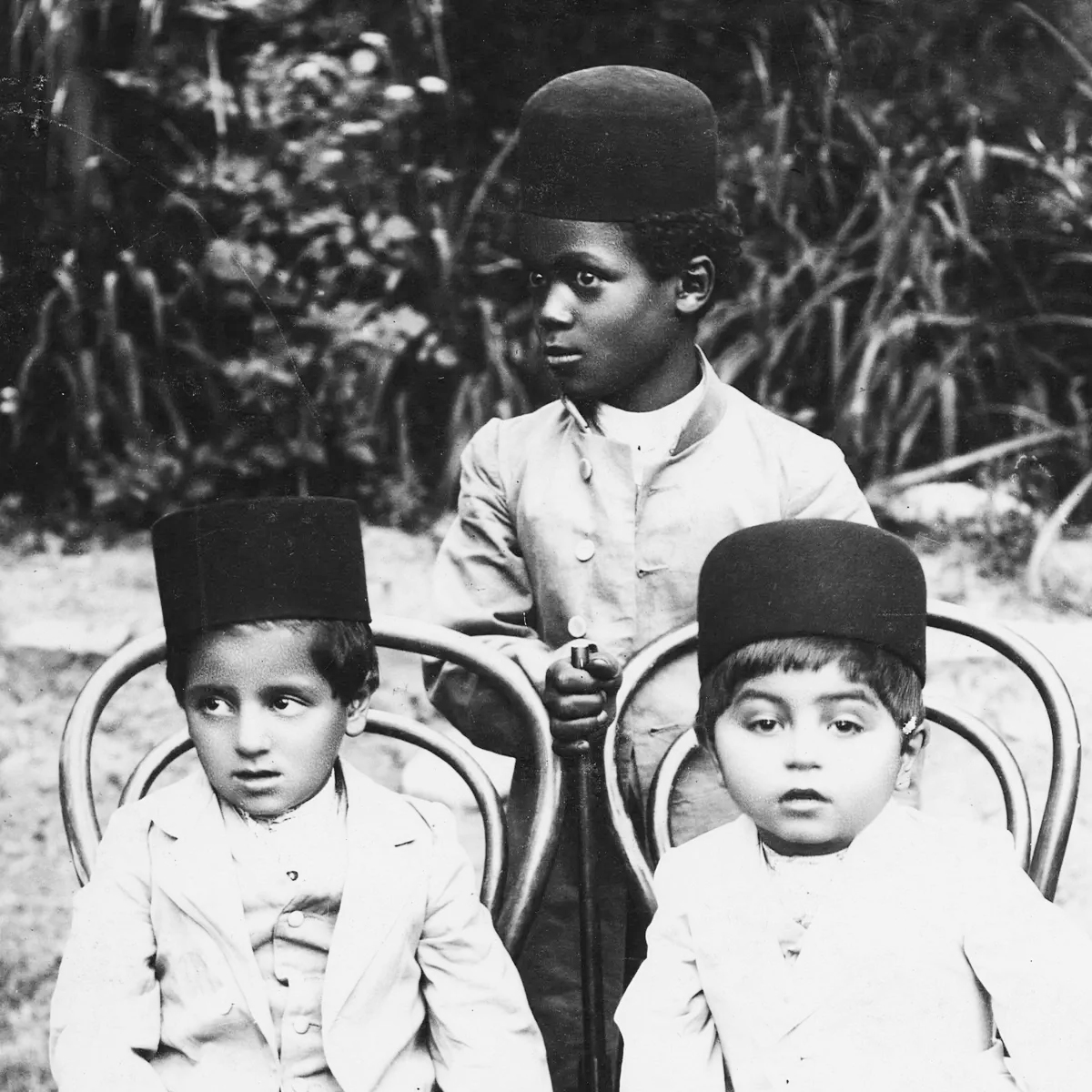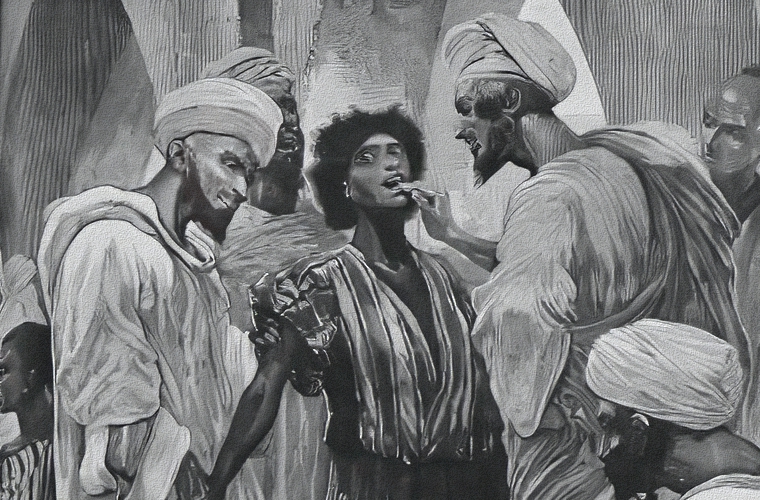The role of Islam in African slavery is a complex and multifaceted topic that requires careful examination. It is important to note that slavery in Africa predates the arrival of Islam, and the institution of slavery existed in various forms across different cultures and regions of the continent. Islam, as a religion, did not create slavery, but it did have an impact on its practice in certain contexts.
When Islam spread across Africa from the 7th century onward, it encountered pre-existing social structures, including slavery. Islamic law, known as Sharia, regulated the treatment of slaves and provided guidelines for their treatment. According to Islamic teachings, freeing slaves was considered a virtuous act, and Muslims were encouraged to do so. However, it is crucial to recognize that while Islam introduced some regulations and guidelines to slavery, it did not explicitly abolish the institution.

In some cases, Islamic teachings and the legal framework provided by Sharia led to improvements in the conditions of enslaved individuals. Islamic law set limits on the treatment of slaves, forbidding the separation of slave families, encouraging kind treatment, and providing avenues for their potential manumission or freedom.
Moreover, in the context of trans-Saharan and Indian Ocean trade routes, Islam influenced the enslavement and trafficking of Africans. Islamic societies played a role in the demand for enslaved individuals, and some Muslims participated in the slave trade as captors, middlemen, or owners. Slavery in these regions was often intertwined with commercial and economic interests.

However, it is important to emphasize that the transatlantic slave trade, which is the most well-known and extensive form of African slavery, was predominantly driven by European colonial powers and occurred after the arrival of Islam in Africa. Islam was not the driving force behind the transatlantic slave trade, although some African societies that had converted to Islam did participate in the trade.
It is crucial to approach the topic of Islam and African slavery with nuance and recognize that the practice of slavery has historical roots across various cultures and continents, with differing religious, economic, and social factors at play. Islam’s impact on African slavery varied across time and geographic locations, and it is essential to avoid generalizations or oversimplifications when discussing this complex historical issue.

